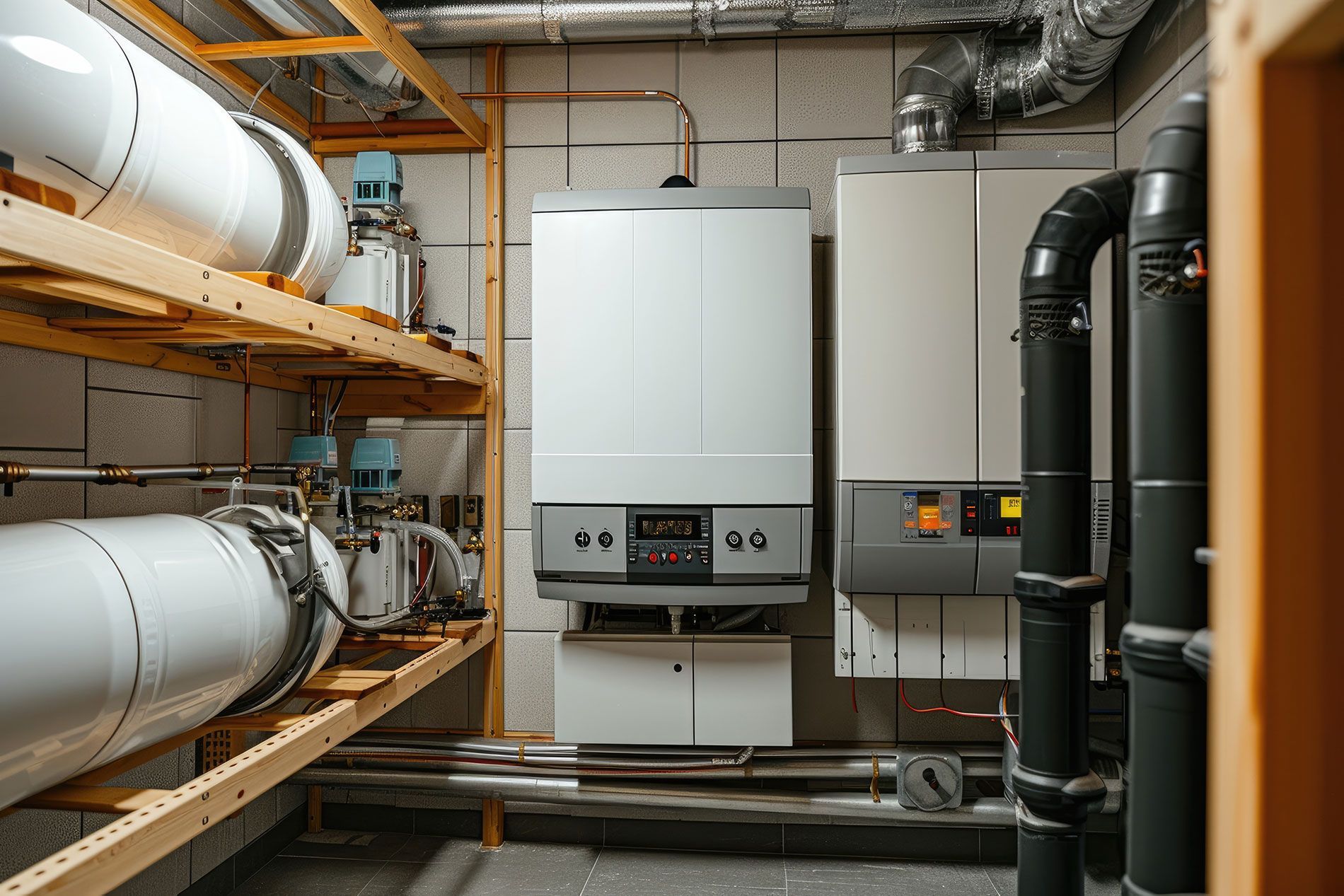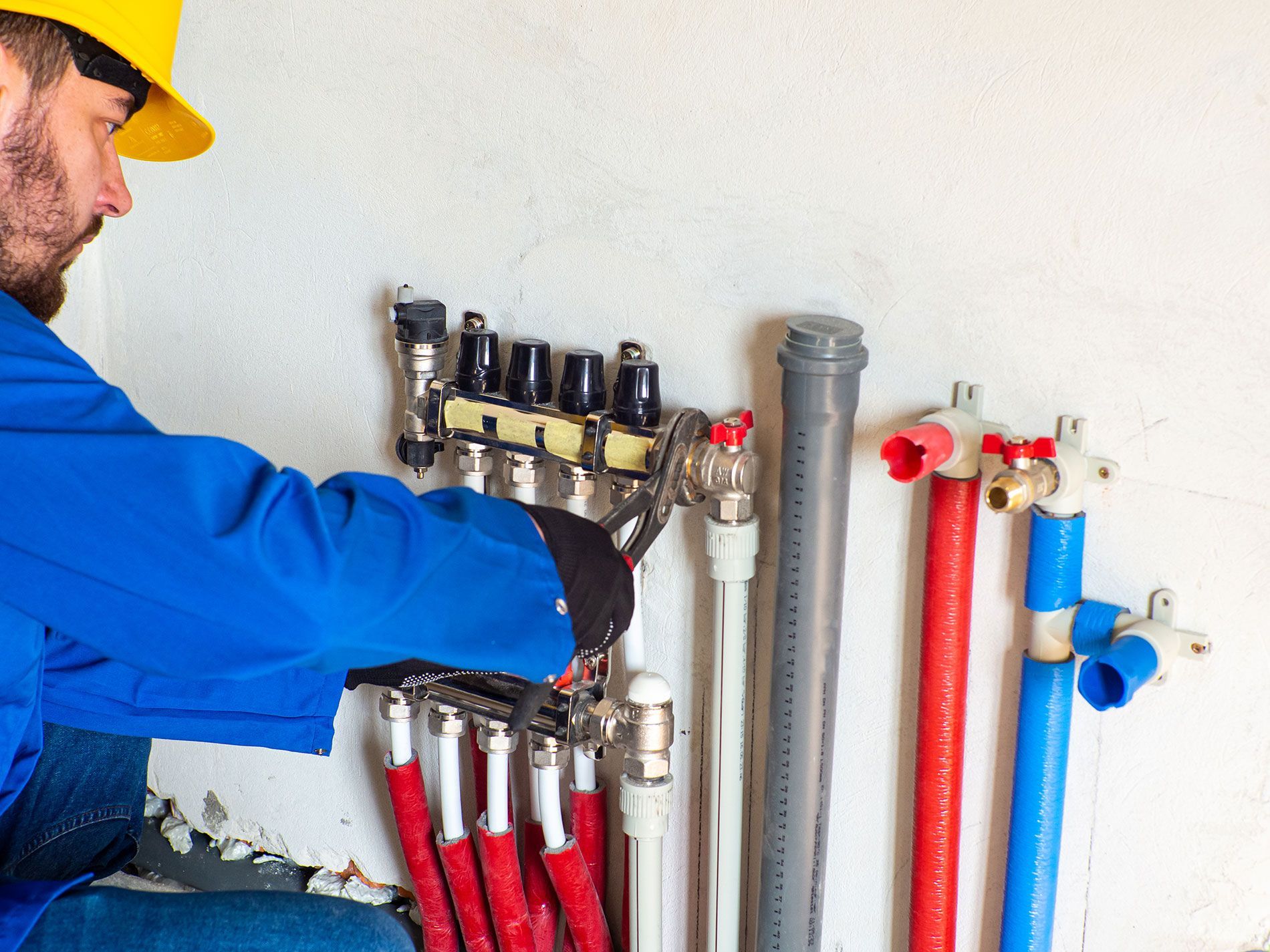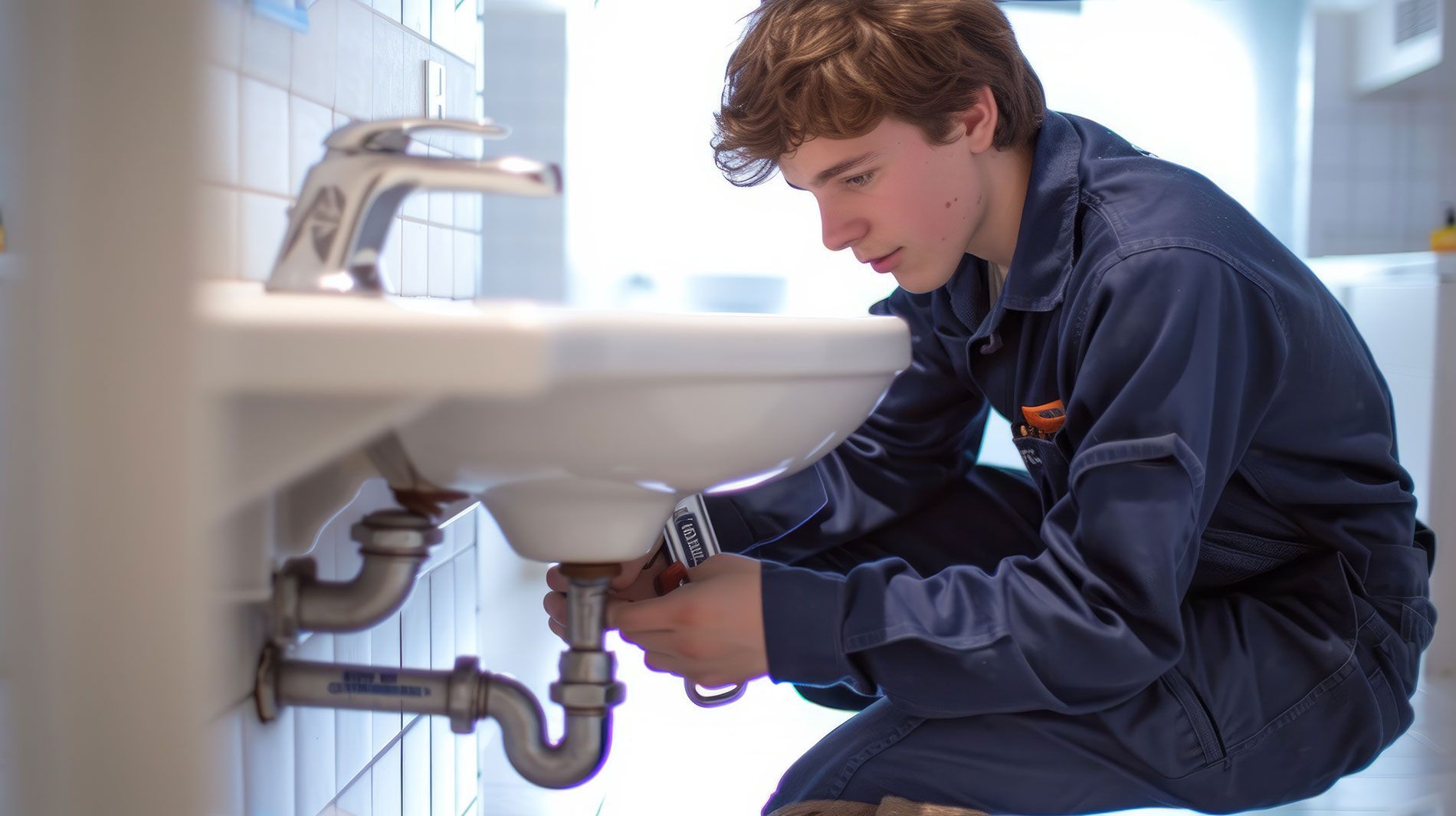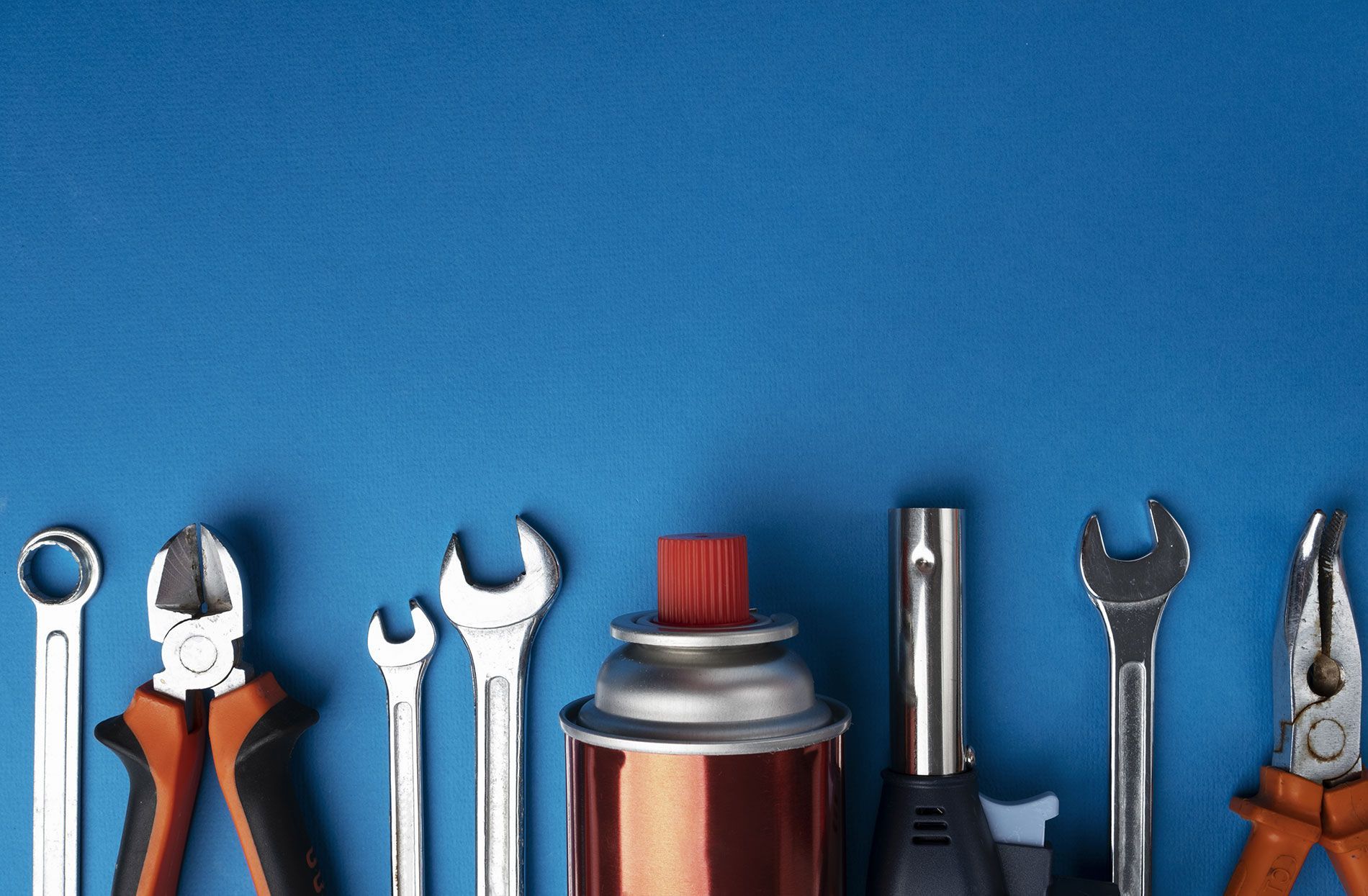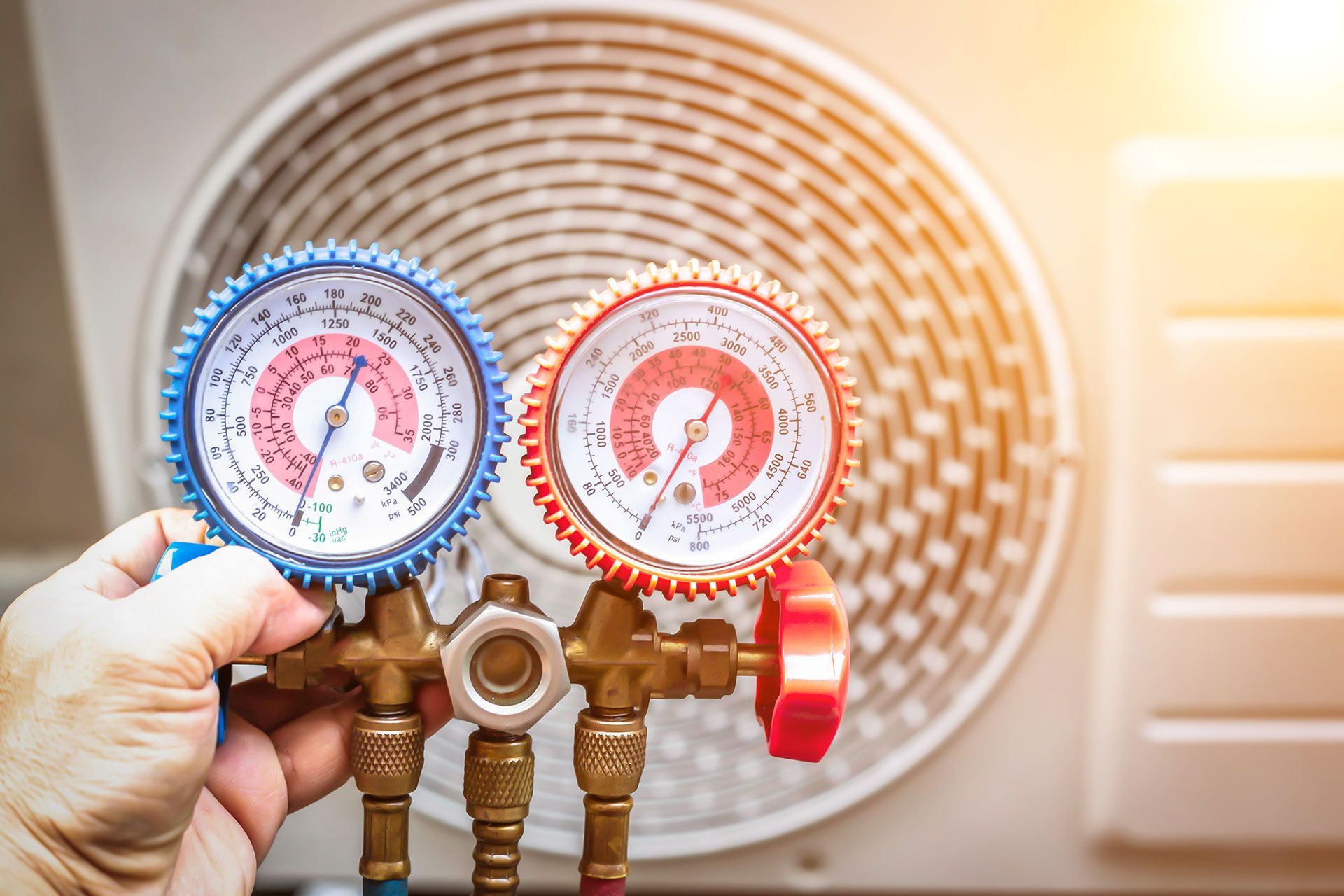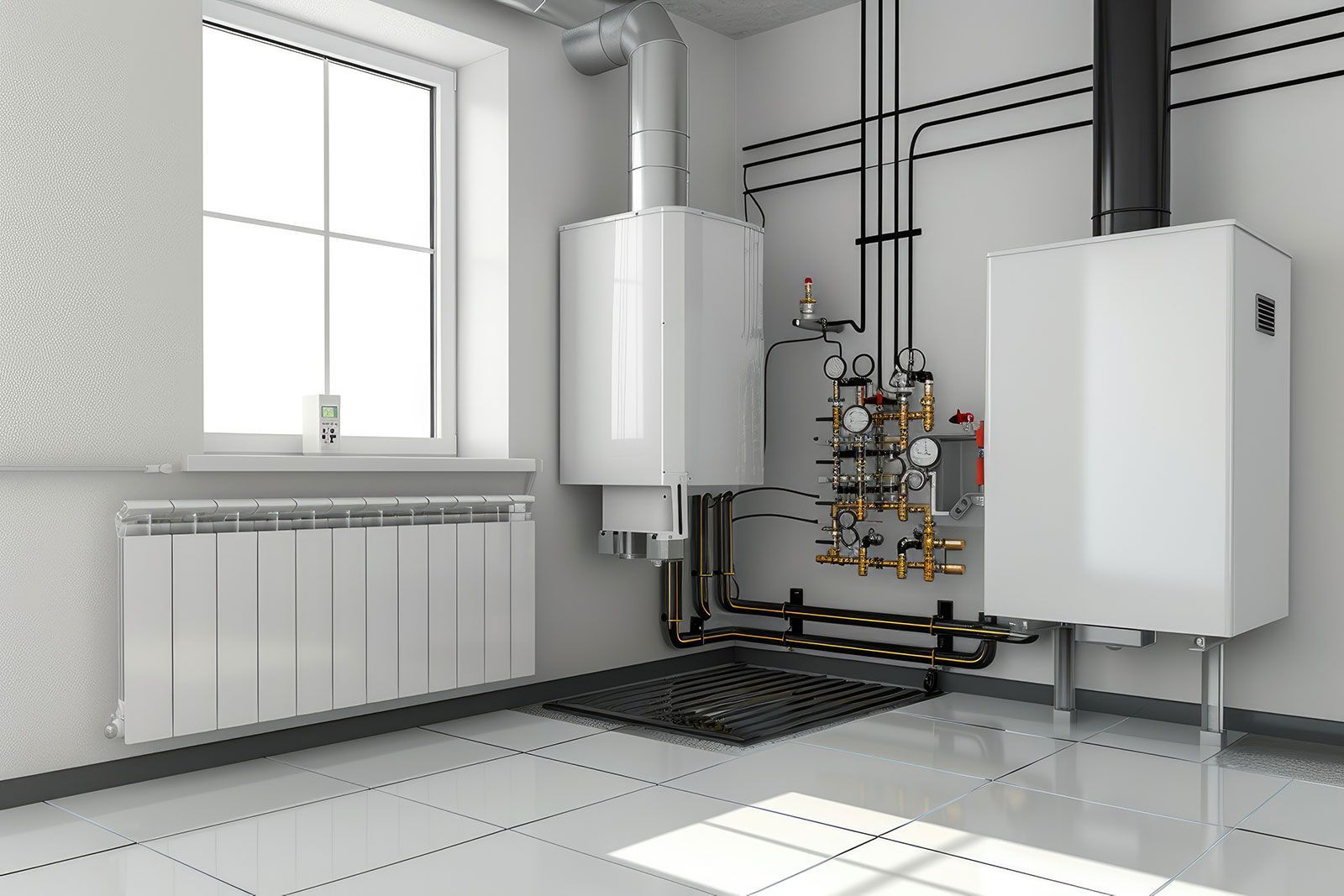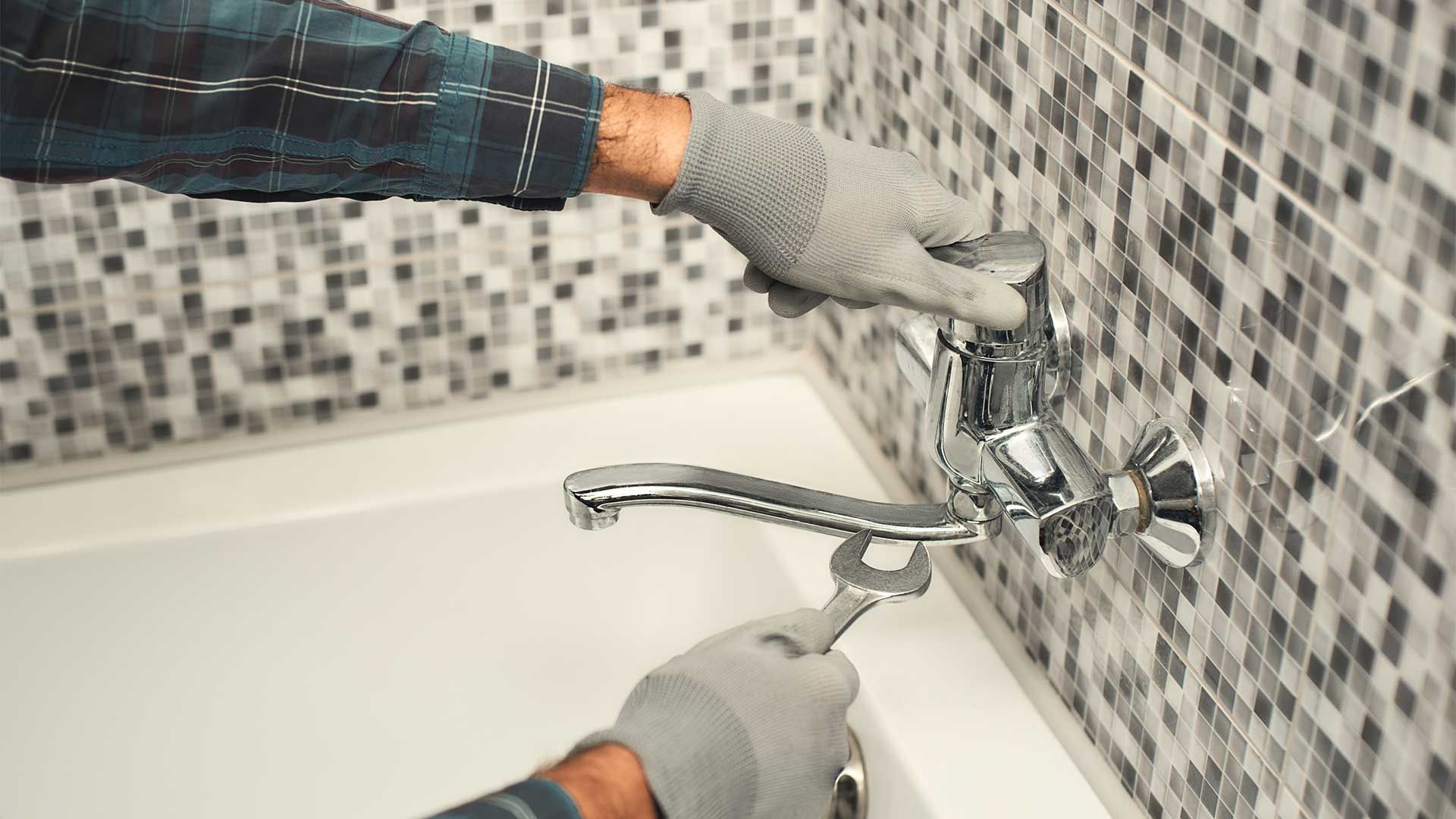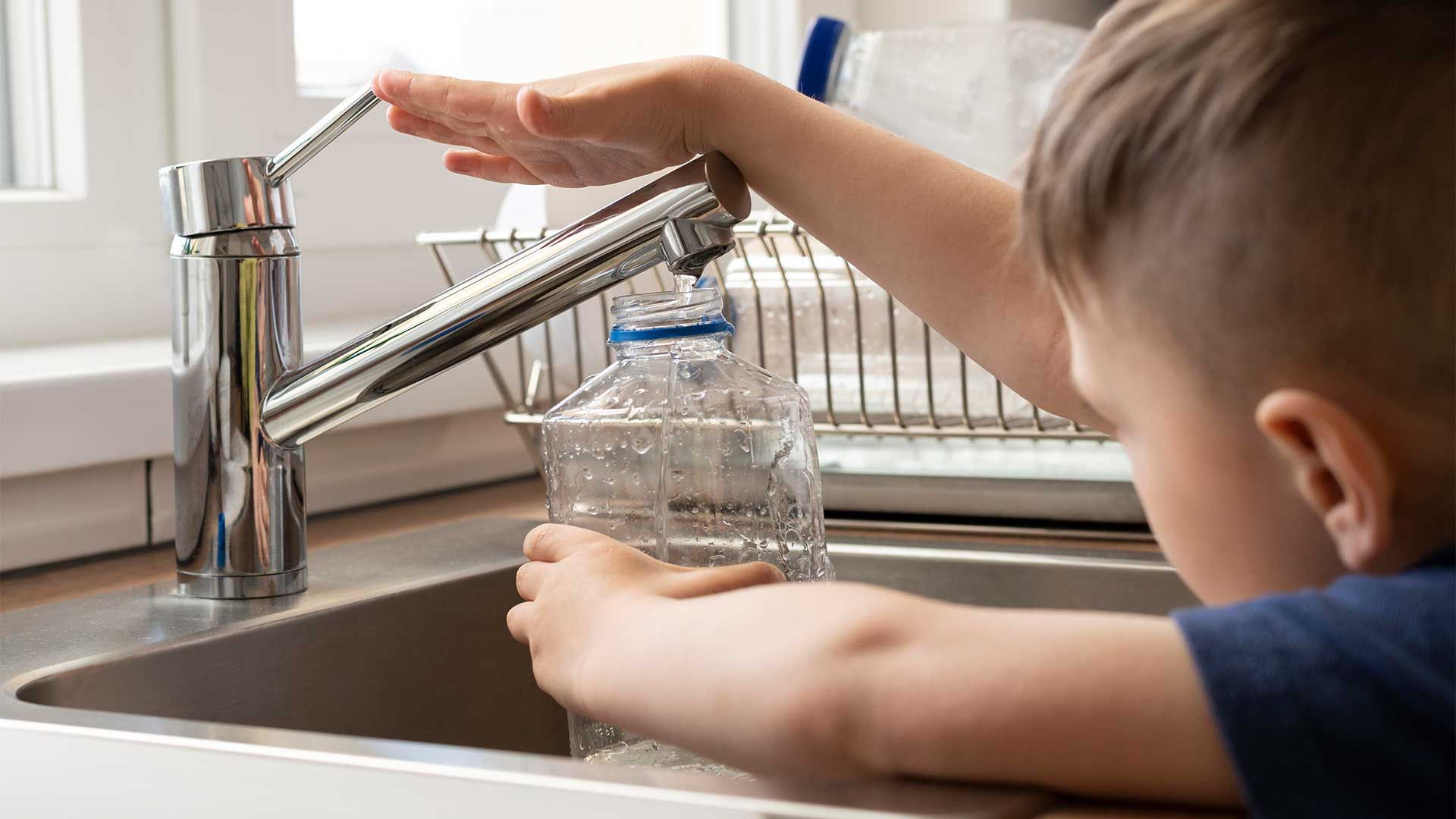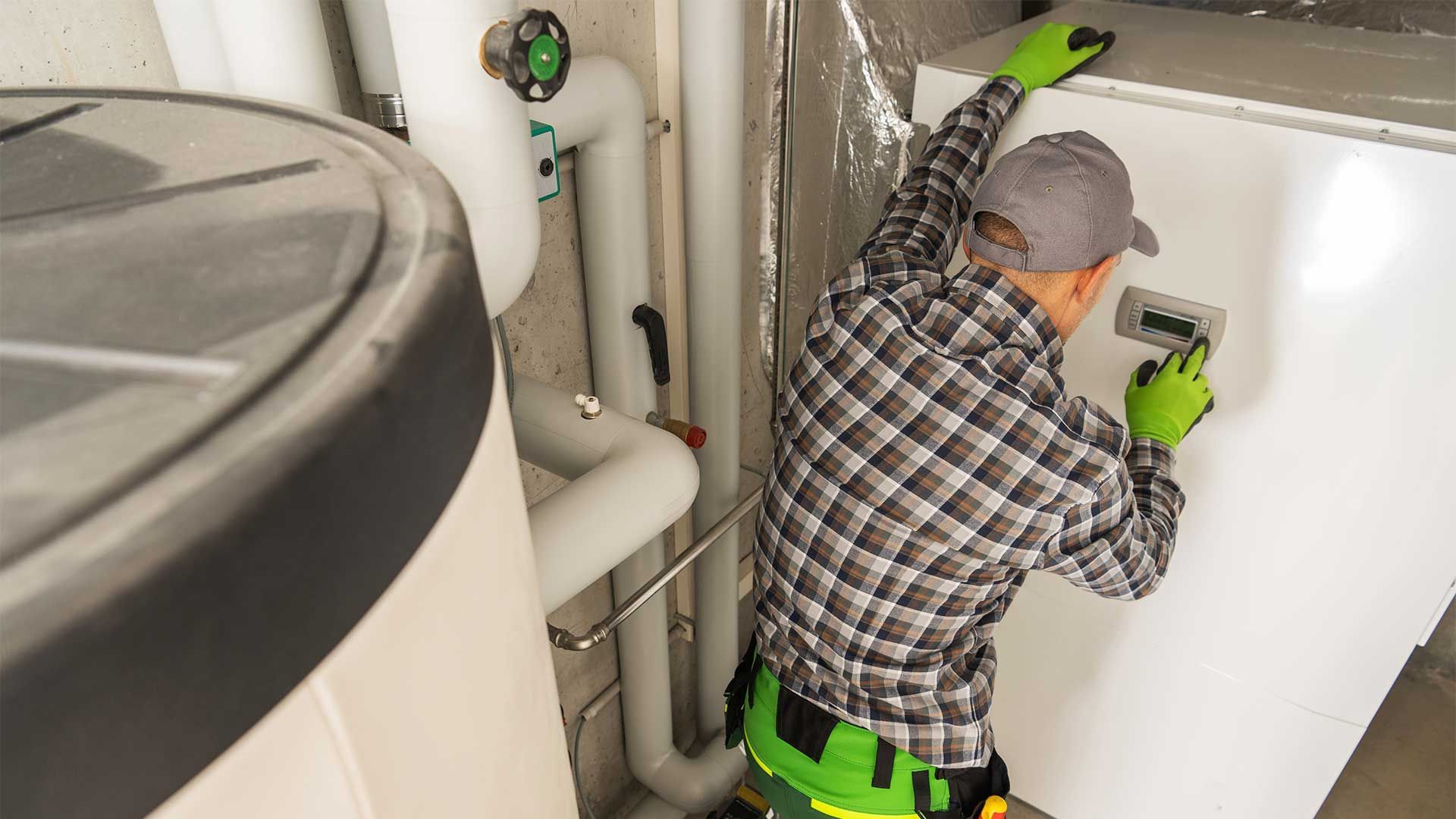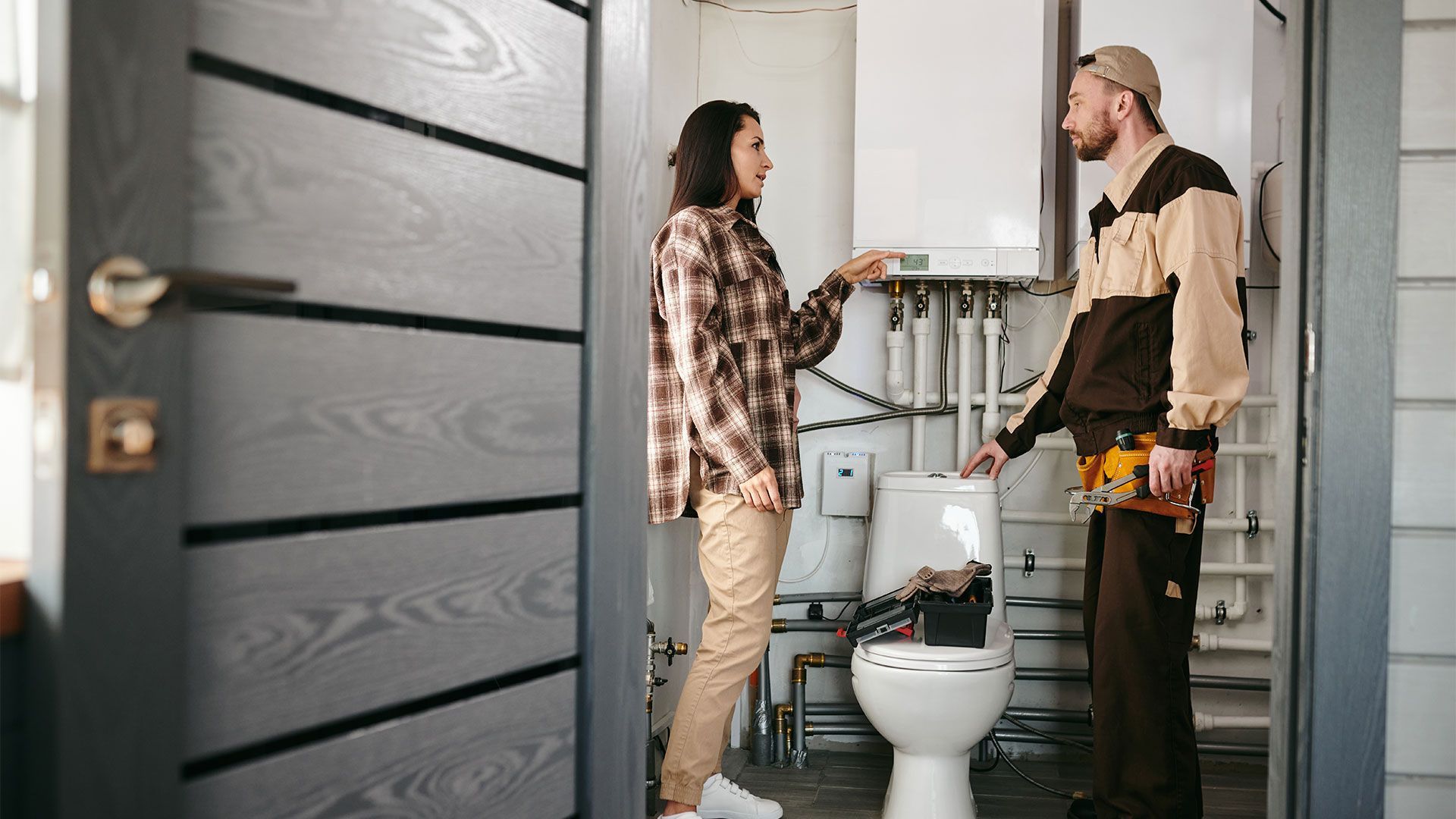Address: Santa Fe, New Mexico, United States
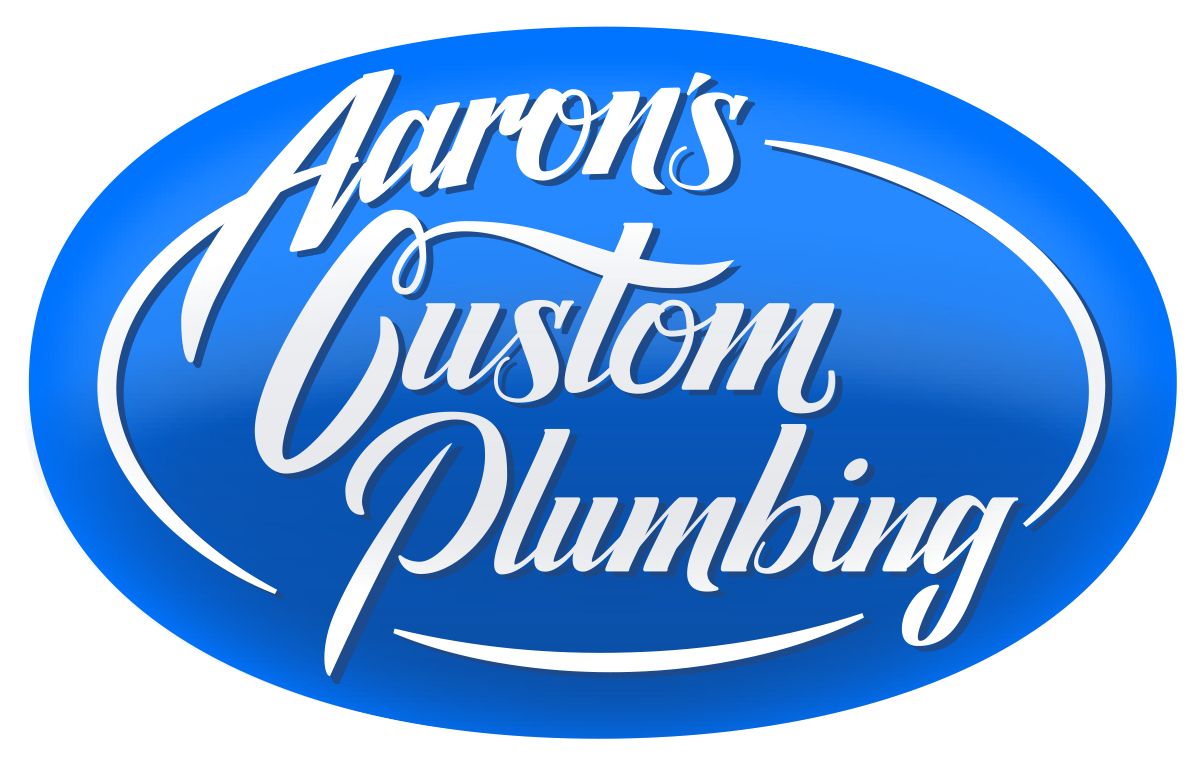

Save Big on Home Energy Bills: A Comprehensive Guide to Reducing the Cost of Electric Water Heater Replacement
If you're concerned about the rising energy costs in your home, understanding the cost of electric water heater replacement is a crucial step towards more budget-friendly and energy-efficient living. Replacing your old or inefficient electric water heater can lead to substantial long-term savings on your utility bills. The expense of replacing a water heater can vary significantly depending on several factors, such as the type of unit you choose, the complexity of installation, and your location.
When contemplating a water heater replacement, it's vital to consider the trade-offs between upfront costs and long-term energy savings. Investing in an energy-efficient electric water heater might require a higher initial investment but can result in substantial reductions in your monthly electricity bills. In this comprehensive guide, we'll explore the various aspects that influence the cost of electric water heater replacement and provide you with valuable insights and strategies to make the most cost-effective choice for your household. Say goodbye to soaring utility bills and hello to efficient, money-saving water heating solutions.
Understanding the Cost Factors
When it comes to the cost of electric water heater replacement, several crucial factors come into play, and having a clear grasp of these elements can help you budget effectively and make informed decisions.
Type of Unit: The type of electric water heater you choose significantly impacts the overall cost. Tankless water heaters are generally more expensive upfront but can save you money in the long run due to their energy efficiency. Traditional storage tank heaters are often more affordable initially but may have higher operational costs.
Installation Complexity: Installation costs can vary based on the complexity of the setup. If your new water heater requires substantial modifications to your plumbing or electrical systems, expect higher installation costs. Simple replacements where existing connections can be used are usually more budget-friendly.
Location:
Your geographic location plays a role in determining costs. Labor rates, permit requirements, and even climate can affect the overall expense. Areas with higher living costs tend to have higher installation prices.
Average cost estimates can provide a clearer picture. On average, the replacement of a standard storage tank electric water heater can range from $800 to $1,500, including both the unit and installation. Tankless units, while more energy-efficient, can cost between $1,500 and $4,000 for purchase and installation. Keep in mind that these figures can vary widely based on the factors mentioned, so it's essential to obtain quotes tailored to your specific circumstances.
Choose the Right Electric Water Heater
Choosing the right electric water heater is a critical decision when it comes to replacing your old unit. There are several types of electric water heaters available, each with its own set of advantages and drawbacks. By understanding the options, you can make an informed decision that suits your needs and budget.
Tankless Water Heaters: These units heat water on-demand, providing hot water whenever you need it. Pros include energy efficiency and space-saving design, as they don't require a storage tank. However, they can have a higher upfront cost and may struggle to meet high-demand situations.
Storage Tank Water Heaters: These traditional units store and heat water continuously. They are budget-friendly but less energy-efficient due to standby heat loss. They are suitable for homes with moderate hot water needs.
Hybrid Water Heaters: These units combine heat pump technology with traditional heating elements. They are highly energy-efficient but can be expensive upfront. They work well in moderate to warm climates.
Heat Pump Water Heaters: Similar to hybrid heaters but solely rely on heat pump technology. They are energy-efficient but require adequate space and a specific environment to operate efficiently.
In this section, we will delve into the pros and cons of each type, helping you weigh the benefits against the cost to make an informed decision that aligns with your budget and household requirements.
Energy Efficiency and Savings
Investing in energy-efficient electric water heaters is a smart move for homeowners looking to reduce long-term operating costs and minimize their carbon footprint. Energy efficiency isn't just a buzzword; it's a practical way to save money on your utility bills while helping the environment.
Energy-efficient models are designed to minimize heat loss and operate with less energy consumption. These units are built with advanced insulation and technology that ensures hot water is readily available when needed, without wasting excess electricity. By opting for an energy-efficient electric water heater, you'll enjoy several benefits:
- Lower Operating Costs:
Energy-efficient models can significantly reduce your monthly electricity bills, allowing you to recoup your initial investment over time. Environmental Benefits: Decreased energy consumption means fewer greenhouse gas emissions, contributing to a greener, more sustainable future.
- Extended Lifespan: These units often have longer lifespans due to reduced wear and tear on components, saving you even more in the long run.
When shopping for an energy-efficient electric water heater, keep an eye out for the Energy Star label. Energy Star-rated models meet stringent efficiency standards set by the
Environmental Protection Agency (EPA). They can save you up to 10% on your energy bills compared to non-certified models. In the following sections, we'll explore how to find the right Energy Star-rated unit that aligns with your budget and energy-saving goals.
DIY vs. Professional Installation
When it comes to installing a new electric water heater, the decision between a DIY installation and hiring a professional is a crucial one, balancing cost savings with potential risks. Let's weigh the options:
DIY Installation: Opting for a DIY installation can save you money on labor costs, potentially reducing the overall cost of electric water heater replacement. However, it's essential to consider your skills and experience. DIY installation is more suitable for those who are handy, experienced in plumbing and electrical work, and have the necessary tools. If done correctly, DIY can be cost-effective.
Here are some tips for successful DIY installation:
- Carefully read the manufacturer's instructions.
- Turn off the power supply and water source before starting.
- Use the right tools and safety gear.
- Double-check for leaks and proper electrical connections.
- Consider an assistant for safety and convenience.
Professional Installation: Hiring a licensed plumber or electrician ensures that your electric water heater is installed correctly and safely. While this option comes with added costs, it provides peace of mind, as professionals have the expertise to handle potential challenges and ensure compliance with local codes and regulations.
Ultimately, the choice between DIY and professional installation depends on your skill level, comfort, and budget. If you're uncertain about your abilities, it's often wiser to invest in professional installation to avoid costly mistakes or safety hazards.
Government Rebates and Incentives
Taking advantage of rebates, tax credits, and incentives can significantly offset the cost of upgrading to an energy-efficient electric water heater. These financial incentives are offered by various government and utility programs to promote energy conservation and reduce greenhouse gas emissions. Here's how you can benefit:
Rebates:
Many utility companies offer rebates when you purchase an Energy Star-rated electric water heater. These rebates can range from a few hundred dollars to a substantial portion of the purchase price, making it an attractive incentive for homeowners.
Tax Credits: Federal and state governments may offer tax credits for energy-efficient home improvements, including electric water heaters. These credits can directly reduce your tax liability, putting money back in your pocket at tax time.
Incentive Programs:
Some regions have incentive programs that provide cash incentives or low-interest loans for upgrading to energy-efficient appliances, including water heaters. These programs vary by location but can make a significant difference in your overall cost savings.
To find out about available rebates, tax credits, and incentive programs in your area, check with your local utility company or visit government websites related to energy efficiency. Additionally, you can explore online resources that aggregate information on available incentives, making it easier for you to access potential savings for your electric water heater replacement. By leveraging these financial incentives, you can make your upgrade even more cost-effective while contributing to a greener future.
- Offer maintenance tips to extend the lifespan of their electric water heater.
- Explain how regular maintenance can save money in the long run.
Financing Options
Financing your electric water heater replacement is a practical solution for homeowners who may find the upfront cost a bit challenging to manage. By exploring various financing options, you can spread out the expenses over time and still enjoy the benefits of an energy-efficient water heater.
Low-Interest Loans:
Many financial institutions and even government agencies offer low-interest loans specifically designed for energy-efficient home upgrades, including electric water heaters. These loans typically have favorable terms and can make the initial investment more manageable.
Manufacturer Financing:
Some water heater manufacturers provide financing plans that allow you to purchase their products with deferred interest or low monthly payments. These plans can ease the financial burden while ensuring you have a top-quality unit.
Home Improvement Loans:
Traditional home improvement loans or lines of credit can also be used to finance your electric water heater replacement. While the interest rates may vary, these options provide flexibility for funding your project.
When considering financing, it's crucial to assess the terms, interest rates, and repayment schedules to ensure they align with your budget and financial goals. By exploring these financing options, you can make the transition to an energy-efficient water heater more accessible, ultimately saving money on your utility bills and enjoying long-term savings.
Case Studies and Real-Life Savings
Real-life success stories and before-and-after scenarios can be incredibly motivating for homeowners considering an electric water heater replacement. Here are a few compelling examples:
Example 1: The Smith Family
- Before: The Smiths had an outdated, energy-guzzling electric water heater that was causing their monthly utility bills to skyrocket. Their average monthly water heating expenses were around $80.
- After: They invested in a high-efficiency heat pump water heater. Within a year, their energy bills dropped by 40%, resulting in an average monthly savings of $32. Over five years, this adds up to an impressive $1,920 in savings.
Example 2: The Johnsons
- Before: The Johnsons had a traditional tank-style water heater that frequently needed repairs and was costly to operate. Their average monthly bills were approximately $90.
- After: They switched to a tankless electric water heater. Their monthly bills decreased to an average of $60, saving them $30 per month. Over the course of a decade, they anticipate savings of $3,600.
Example 3: The Rodriguez Family
- Before: The Rodriguez family was concerned about their environmental impact and high energy bills with their standard water heater, which cost them $100 per month on average.
- After: They chose a solar-powered electric water heater, significantly reducing their reliance on the grid. Their monthly bills plummeted to just $20, saving them $80 per month and $960 annually.
These real-life examples demonstrate how upgrading to an energy-efficient electric water heater can lead to substantial savings, both in terms of money and environmental impact. Making the right choice can pay off in the long run, making your investment a financially and environmentally wise decision.
Conclusion
Investing in an energy-efficient electric water heater replacement can be a game-changer for homeowners seeking to cut their energy bills. Real-life examples from homeowners who partnered with Aaron's Custom Plumbing (phone: (505) 204-2111) showcase the remarkable savings and benefits:
By upgrading to energy-efficient electric water heaters, these homeowners not only enjoyed reduced energy consumption but also contributed to a greener environment. In summary, the key takeaways and benefits of investing in energy-efficient electric water heaters include lower monthly bills, a positive environmental impact, and long-term cost savings. Don't wait to explore your cost-saving options; contact Aaron's Custom Plumbing at
(505) 204-2111 to discuss your water heater replacement today. Take action now and start enjoying a more efficient and budget-friendly home.
FAQs
-
What are the signs that I need to replace my electric water heater?
Look out for indicators such as inconsistent water temperatures, unusual noises coming from the tank, leaks around the base of the water heater, rusty water, or if the unit is over a decade old. These signs could suggest that it's time for a replacement to ensure efficiency and safety.
-
How can I reduce the costs associated with replacing my electric water heater?
Consider options like energy-efficient models that may have higher upfront costs but offer significant savings in the long run through reduced energy bills. Look for rebates and incentives offered by local utilities or government agencies for installing energy-efficient appliances. Also, compare quotes from multiple contractors to ensure competitive pricing for installation.
-
Are there any DIY aspects of electric water heater replacement to save on costs?
While the actual installation of an electric water heater should be done by a professional due to safety concerns and local building codes, homeowners can save money by performing tasks such as draining the old water heater, disposing of it (if permitted), and preparing the installation area for the new unit.
-
What factors should I consider when choosing a new electric water heater?
Key considerations include the size of the water heater (capacity in gallons), energy efficiency ratings (such as the Energy Factor or EF rating), the warranty period, and the unit's overall cost. Selecting a water heater that matches your household's water usage patterns and energy efficiency goals is crucial for maximizing savings.
-
How long does an electric water heater last, and how can I extend its lifespan to maximize savings?
The average lifespan of an electric water heater is typically around 8-12 years, but this can vary based on maintenance, water quality, and usage patterns. Regular maintenance, such as flushing the tank to remove sediment, checking the anode rod, and ensuring the thermostat is set at an optimal level, can help extend the life of your water heater and maintain its efficiency.
Phone: (505) 204-2111 | Email: aaronscustomplumbing@gmail.com | Address: Santa Fe, New Mexico
Areas Served
Santa Fe, Eldarado, Tesuque
